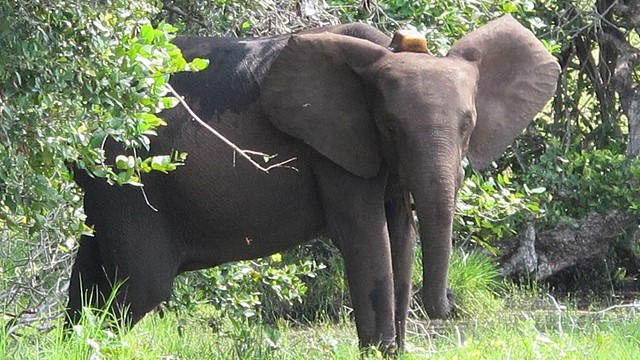On Africa’s west coast, where dense rainforests meet the Atlantic, Gabon has emerged as one of the continent’s most ambitious eco-tourism destinations. With nearly 13 national parks covering close to a tenth of its territory, the country offers a rare combination of unspoiled wilderness, extraordinary biodiversity, and a growing commitment to sustainable travel.
Loango National Park, perhaps the most emblematic of Gabon’s conservation efforts, stretches from forest to beach, creating a mosaic of ecosystems unlike anywhere else. Along its wild shoreline, elephants have been observed foraging in the surf, hippos wade into the waves, and forest buffalo emerge from the trees at dusk. Birdlife is equally abundant, making the park a magnet for naturalists and wildlife photographers alike.
Deeper inland, Ivindo National Park presents a different spectacle. Here, the Ivindo River carves its way through dense jungle, cascading over the thunderous Kongou Falls. The rainforest that surrounds it shelters elusive western lowland gorillas, forest elephants, and a profusion of plant species still under scientific study. Visitors often embark on guided treks or canoe expeditions, experiences that underscore the fragility of these ecosystems while revealing their staggering richness.
Efforts to build a sustainable tourism industry are central to Gabon’s strategy. Many lodges and tour operators now emphasize low-impact travel, offering accommodations that rely on renewable energy or partner with nearby villages. Such initiatives channel revenue into local economies while supporting conservation projects, creating a model that links ecological preservation with tangible community benefits.
Beyond wildlife encounters, eco-tourism in Gabon often extends into cultural engagement. Markets in Libreville and small villages alike introduce travelers to local cuisine built on fresh, seasonal ingredients—fish pulled directly from the coast, cassava-based dishes, and tropical fruits harvested nearby. Community-led conservation projects, such as tree planting and wildlife monitoring, invite participation, highlighting the human role in preserving Gabon’s natural heritage.
The appeal of Gabon lies in its raw landscapes as much as its conservation ethos. Hiking through humid rainforest, paddling a river beneath dense canopy, or standing on an empty beach where the only company is the sound of waves and distant birds—all create an impression of remoteness increasingly rare in the modern world.
Gabon’s leaders have long emphasized that eco-tourism is not simply an economic strategy but part of a broader vision: to position the country as a global example of conservation in action. In doing so, they are betting that the future of tourism lies not in mass development but in carefully managed encounters with nature that endure across generations.

